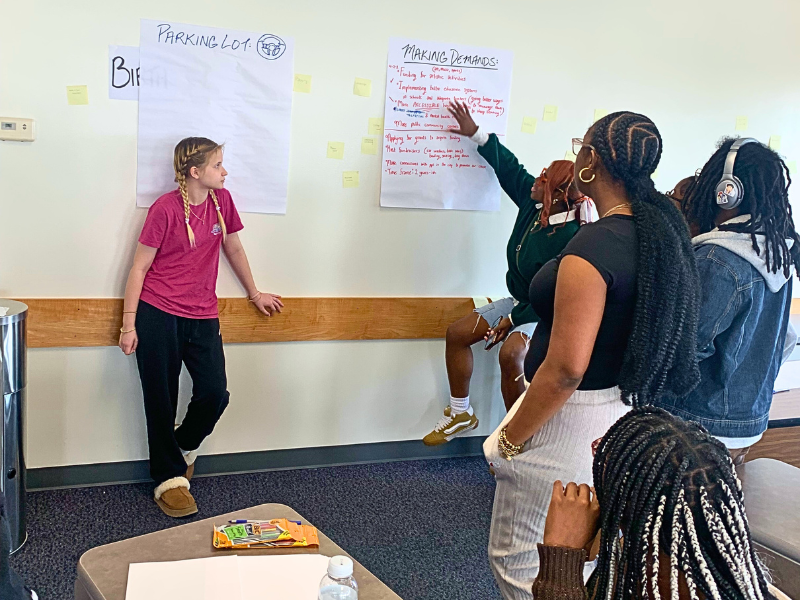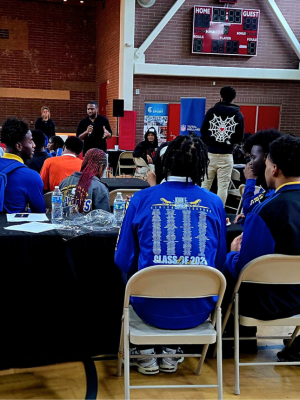Violence Prevention Institute Marks a Year of Impact with 2024–2025 Annual Report
The Violence Prevention Institute (VPI) at Tulane University has released its 2024–2025 Annual Report, offering a look at a year defined by collaboration, innovation, and measurable impact.
Housed in the Celia Scott Weatherhead School of Public Health and Tropical Medicine, VPI serves as an interdisciplinary hub, uniting faculty, students, and community leaders from fields as varied as medicine, social work, education, the arts, law, and public health. Together, they tackle one of society’s most complex challenges—violence prevention—through community-centered, anti-oppressive, and trauma-informed research and practice.
“Our work shows what’s possible when equity, science, and community leadership come together,” said Katherine Theall, PhD, Senior Director of the Violence Prevention Institute. “This year’s report reflects not only the measurable impact of our programs, but also the collective commitment of students, staff, faculty, and partners who share our vision of a safer, healthier, more just world.”
Impact by the Numbers
In the past year, VPI secured $2.8 million in new funding, published 244 academic works, and trained 71 Tulane students in public health and violence prevention. Its events, workshops, and conferences reached more than 1,450 participants from across the academic, public health, clinical, and community sectors.
Transformative Projects and Partnerships
Among its many initiatives, VPI advanced the Center for Youth Equity Data Integration Project, which links citywide data—from emergency calls to mortality records—to produce actionable insights on firearm deaths and inform system-wide prevention strategies. The New Orleans Community Violence Intervention and Prevention Initiative (NOCVIP) continued as a healing-centered effort to reduce firearm violence, guided by a survivor-led steering committee. Youth-led research also took center stage with This is New Orleans: Stories of Truth & Hope, a documentary created through the Center for Youth Equity that brought lived experiences directly to policymakers.
A Year of Dialogue and Connection
VPI curated events designed to spark conversation and action. The Mass Casualty Incidents and the Impacts on Vulnerable Populations panel examined responses to large-scale traumatic events, the NFL Total Wellness Youth Session brought over 200 young people into the conversation on mental health during Super Bowl programming, and the Youth Art Contest & Exhibit, themed PERCEPTION, celebrated the creativity and insight of 53 young artists, drawing more than 70 attendees to the New Orleans Healing Center.
Investing in Future Leaders
The Pincus Violence Prevention Scholarship Program reached a record 44 applicants for the 2024–2026 cohort. Five new scholars began placements with community partners such as Ubuntu Village, Women with a Vision, and the New Orleans Health Department, receiving mentorship, a $40,000 stipend, and applied practice experience.
Looking Ahead
As the report outlines, VPI is deepening its commitment to trauma-centered and anti-racist practice, expanding youth-led research, building cross-sector data infrastructure, and ensuring that research translates into policy and systemic change.


